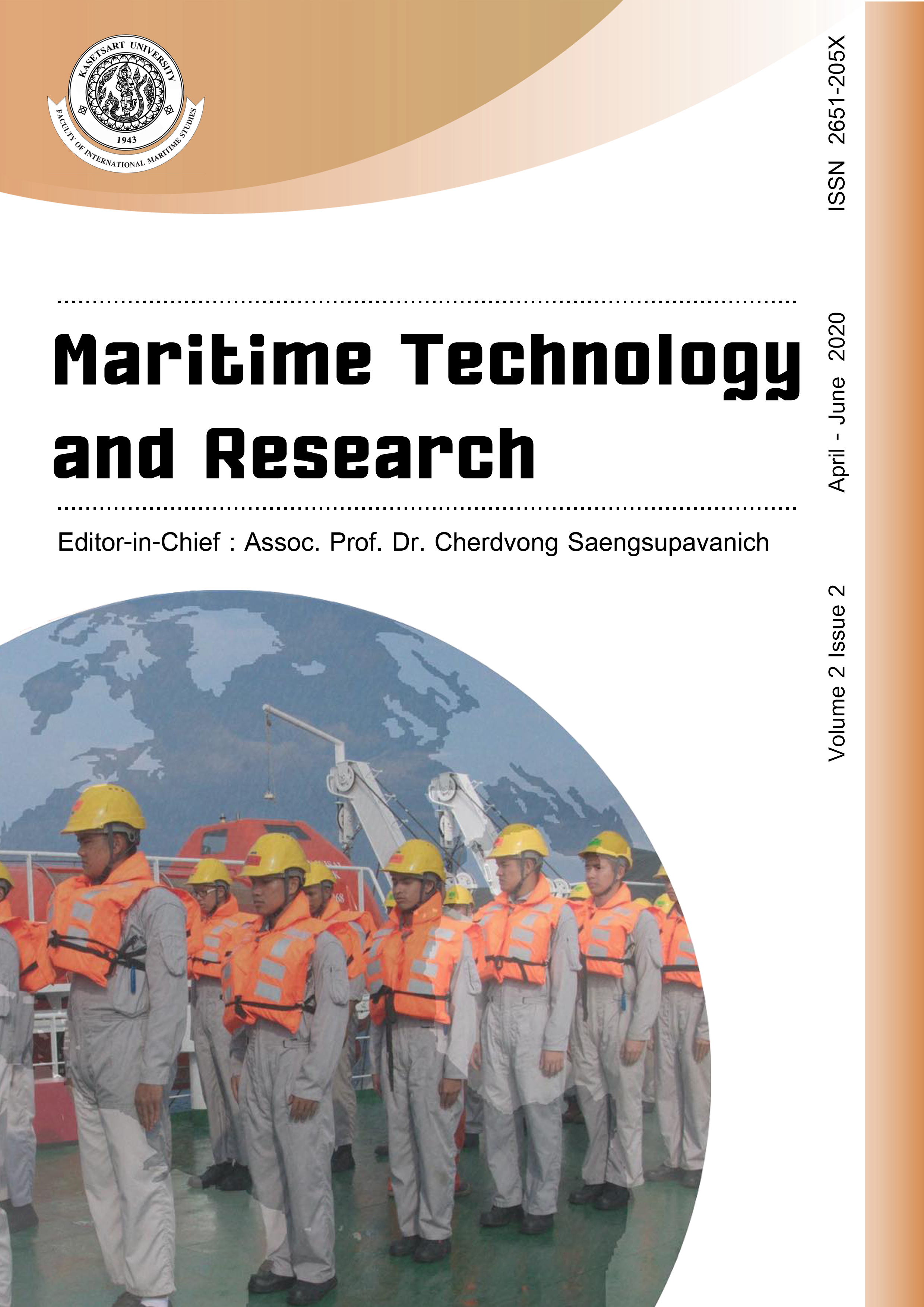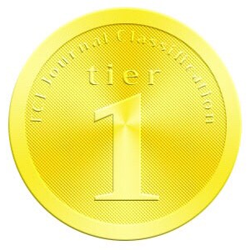A study on improving Maritime English performance among cadets at maritime universities
DOI:
https://doi.org/10.33175/mtr.2020.201687Keywords:
Maritime English, Course content analysis, Maritime education, TrainingAbstract
Many studies have been conducted to help improve student performance in academics. Either tested practically or scientifically, both have been implemented. Until now, there has been no ultimate teaching style to ensure student performance in academics while maintaining their motivation to study. This is because students differ in their natural ways of learning. This study was conducted at the University of Malaysia Terengganu (UMT), among Nautical Science and Maritime Transportation students. In this study, research on improving student performance in Maritime English has been conducted. The current system of the learning and teaching process of Maritime English at UMT was determined in this research and, in order to evaluate the current proficiency in Maritime English, content analysis has been used to analyze their final examination paper. Additionally, interview sessions were conducted with a selected expert to obtain a recommendation on how to improve the performance of students in Maritime English. The subjects were among the first-year students of the Bachelor of Nautical Science and Maritime Transportation program. At the end of the research, this paper gives a recommendation on how to improve performance in the learning and teaching processes of Maritime English courses for students at maritime universities around the world.
References
Bocanegra-Valle, A. (2014). The language of seafaring: Standardized conventions and discursive features in speech communications. European Journal of English Studies 11(1), 35-53. doi:10.6018/ijes.11.1.137091
Kourieos, S. (2015). Investigating Maritime students’ academic and professional language skills: A needs analysis. English for Specific Purposes World, 47, 1-25.
Navarro, J. D., Garbin, Z. Z., Agena, E. M., & Garcia, O. B. (2015). Maritime students’ English proficiency and their feedback on instructional materials. Asia Pacific Journal of Maritime Education 1(1), 63-81.
Pritchard, B. (2003). Maritime English syllabus for the modern seafarer: Safety-related or comprehensive courses? WMU Journal of Maritime Affairs, 2(2), 149-166. doi:10.1007/BF03195041
Rashed, S. K., & Kamal, A. E. K. (2010). Maritime English holds a great stake in the both safety and security of merchant vessels. In Proceedings of the 22nd International Maritime English Conference, Egypt, pp. 1-13.
Rippert-Davila, S. (1988). Reviewed works: Welding by Linda L. West; English for Maritime Studies by T. N. Blakey. The Modern Language Journal, 72(1), 85-86. doi:10.2307/327590
Downloads
Published
Issue
Section
License
Copyright: CC BY-NC-ND 4.0








